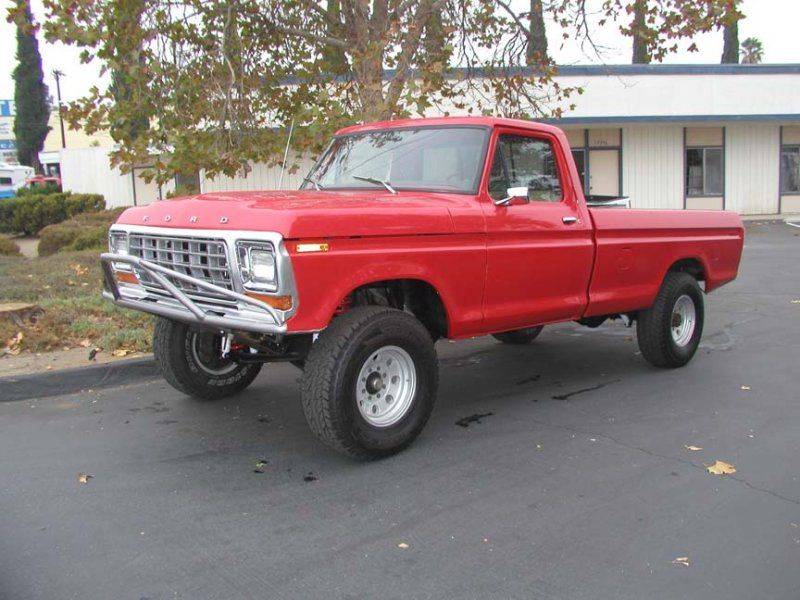The perfect tire for your truck is one that complements the manner in which you tend to use your truck. This means that you need to decide what you value the most. This way you will always be able to buy the perfect set of tires that will give you the best possible driving experience for your truck.
Best truck tires:
The Michelin Defender LTX M/S is a tire that needs no further introduction if you know anything about tires. The Defender LTX M/S is a tire that combines state-of-the-art technologies such as the durable EverTread compound and 3D sipes in order to give you the best possible traction levels while also being durable, quiet, and long-lasting.
The Michelin Defender LTX M/S is the best overall tire you can get for a modern-day truck because it manages to offer decent performance in virtually all segments. Snow performance is adequate which means that you will have to upgrade to a set of winter/snow tires only if you live in a really snow-dominated region.
What Is The Best Truck All-Terrain Tire?Picking the best truck all-terrain tire is an extremely difficult thing to do because there are so many great options out there. The BF Goodrich KO2 is an all-terrain truck tire heavyweight, the Toyo Open Country A/T II offers impressive value, but the Goodyear Wrangler All-Terrain is our pick because it complements a truck like no other all-terrain tire.
The Goodyear Wrangler series uses Kevlar in its construction which means that the tire is extremely durable. The symmetric tread pattern tackles mud, snow, and slush really well while also providing decent comfort while on a highway. The Goodyear Wrangler All-Terrain is a tire that offers tremendous all-terrain performance, but without compromising on daily driving comforts.
Let’s face it, we love our trucks and everything they can do, but we still usually spend most of our driving time on a highway. Modern-day trucks have become so user-friendly that it is often easy to mistake them for luxury SUVs. This means that trucks are now perfect daily drivers which can offer pleasant experiences even on long-distance highway journeys.
This is where the Continental TerrainContact A/T tire comes in because it offers you a solid all-terrain basis, but it still prioritizes comfort and a silent ride. This tire also has a decently low rolling resistance for what it is which benefits your fuel efficiency. It does not perform the best in extreme off-roading or snow driving, but that is to be expected from a highway tire.
In order to know which tire is perfect for a truck, we first need to discuss trucks. Trucks are large, heavy, and fuel-thirsty which means that everyone would benefit from a fuel-saving tire. Moreover, trucks tend to go in places where most cars don’t which means that all-season capability is the very minimum while your best choice is often a comfortable all-terrain tire.
Moreover, trucks tend to go in places where most cars don’t which means that all-season capability is the very minimum while your best choice is often a comfortable all-terrain tire.
Many people also love hauling and towing with their trucks which means that a good tire for that occasion needs to be able to withstand all the stresses that come with that. As such, Kevlar-reinforced tires such as the Goodyear Wrangler All-Terrain are a good choice. Everyone prefers tires that come with long warranty coverage, especially truck drivers who make the most out of their trucks.
Trucks come with a high ground clearance which means that they are designed for snow use as well. This also brings us back to all-season and all-terrain tires. Performance trucks are a minority at the moment which means that high-performance tires aren’t really all that popular for trucks.
As such, we can say that a good truck tire is: durable, capable of traversing challenging terrain, comfortable, benefits from various fuel-saving technologies and can tow and haul without any issues.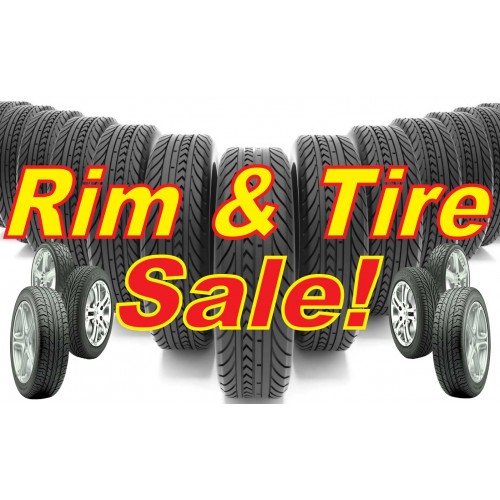
According to research done by Consumer Reports back in 2019, the average tire price for sedans, hatchbacks, minivans, and coupes was $137. SUV buyers were willing to spend $162 per tire while truck drivers were willing to pay $175 per tire. It’s reasonable to think that SUV and truck tires cost more than passenger car tires, but truck drivers also paid more than SUV drivers, why?
There are a few reasons why truck tires tend to be the most expensive ones. First of all, even light trucks aren’t all that particularly light while many SUVs are compact, and therefore lightweight. This means that those SUVs tend to lower the average price of an SUV tire as such tires aren’t too different from regular small passenger car tires.
An average light truck weighs around 4,000 to 4,700 pounds while compact SUVs typically weigh under 3,000 pounds. Heavy duty trucks can often weigh upwards of 7,000 pounds while large SUVs such as the Chevrolet Suburban weigh up to around 5,600 pounds.
To top it all off, many trucks use dual tires with up to four steel belts while regular SUV tires rarely exceed two steel belts per tire. Truck tires also tend to be larger, beefier, and oftentimes, simply heavier.
The necessity for premium tires can be viewed from many different perspectives. First of all, if you own a modern-day truck you use as a daily driver, it makes perfect sense to go for premium tires are premium tires do offer better performance. If you tend to take your truck off-roading often, you should also invest in premium tires as they are going to keep you and your truck safe at all times.
Some trucks such as the Ford F150 Raptor or the Dodge RAM TRX are better off with performance tires as these trucks are designed for performance. All in all, it all depends on how you use your truck, but you also need to be aware that non-premium tires will never offer you the best performance you can get from your truck.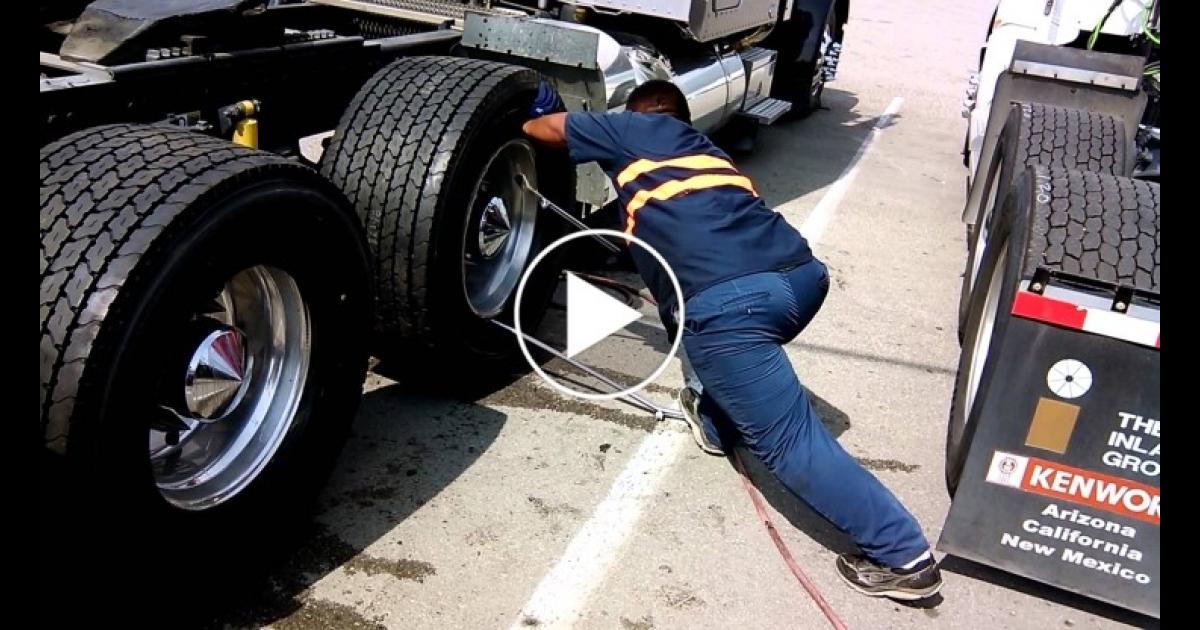
The answer to this question is really similar to the one above – it all depends on how you use your truck. Of course, your budget will always play a deciding role in buying anything, but sometimes it makes more sense to go for premium tires while at other times it makes sense to save some money and go for cheaper tires.
First of all, if you own an older truck you simply don’t drive often or at higher speeds, there is no need for you to invest in premium tires. Furthermore, if you own multiple cars for multiple purposes, you can save money on truck tires by not opting for certain tire features. For example, you don’t have to go with long-lasting tires if you aren’t driving your truck all that often.
You will have to replace your tires either after a few years or after you cross a certain amount of miles, whatever comes first.
At the end of our “Truck Tires Cost” article, we can easily say that truck tires, on average, cost between $100 and $250 per tire.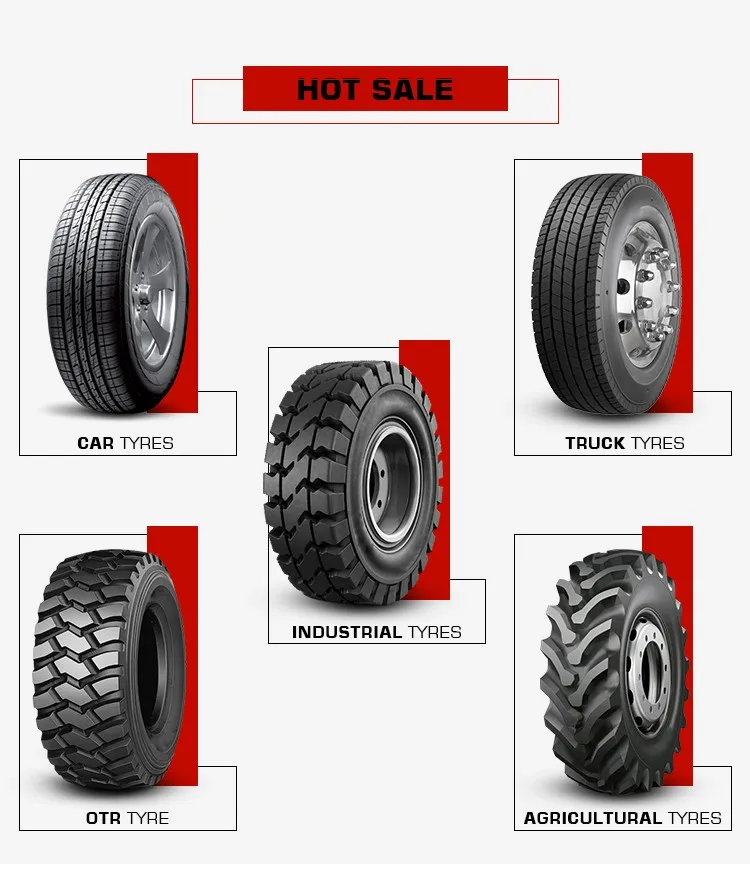 Some people will opt to save money and go for used tires or tires that cost less than $100 from new, but that is extremely questionable as such tires do carry various compromises when it comes to safety, performance, and longevity.
Some people will opt to save money and go for used tires or tires that cost less than $100 from new, but that is extremely questionable as such tires do carry various compromises when it comes to safety, performance, and longevity.
Higher-end truck tires can cost $500 per tire or even more in some cases which is not the preferred choice for the majority of owners. However, some trucks are simply designed to have high-end tires as you will not be able to enjoy such trucks fully if you equip them with economy tires.
All in all, if you want to know more about wheels and tires, how to pick the right set, and what you get with each, be sure to read our Wheel and Tire Setup Guide: Everything You Should Know article.
Written by Dane Eyerly in Maintenance
Semi trucks, also known as semi-trailer trucks, are big rigs that are designed for transporting freight. Ensuring that you have the proper tires for them is essential to their performance, but you should be aware of how much they cost.
On average, the cost of semi truck tires ranges from $400 to $600 per tire. While this is the standard range, costs may increase depending on the size and the make of the tire. Add-ons to increase performance will also affect the cost.
If you’ve got a semi truck and are interested in seeing the budget you should have for tires, read on to find out what costs you will be facing.
Semi truck tires can be an investment, but they are necessary for comfort and performance. Semi trucks must withstand long trips with cargo, and they need to be appropriately decked with the right kind of tires to do so.
Here are some of the costs that you may have when purchasing tires for your semi truck:
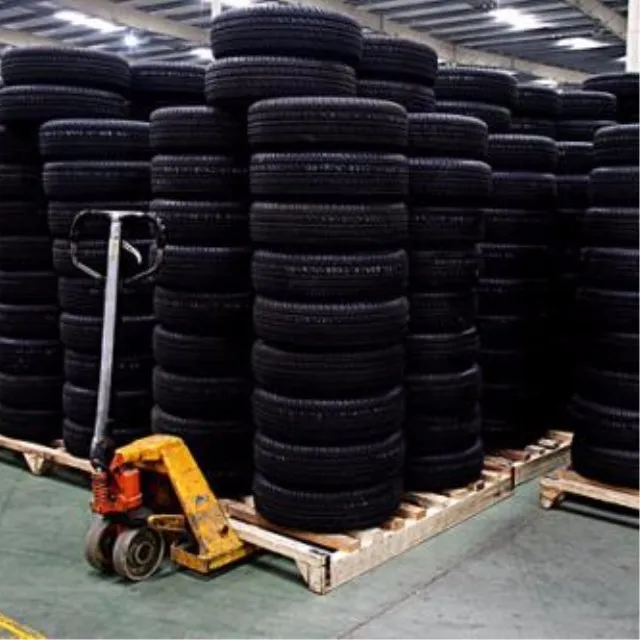
You’ll notice variations in the cost of semi truck tires, and these will be determined by various factors. The pricier tires will include features like high-fuel efficiency and increased performance and durability, but you’ll see other elements affecting the prices.
As you’d expect, the size of the semi truck will have an impact on the tires you’ll need. The larger they are, the more expensive they’ll be. You will most likely have to purchase different sizes and types of tires for your semi truck if you have a big rig.
Semis are made from a combination of units, and those units can require different tires. You can have a drive wheel, steer wheel, or trailer wheel in semis, and your tires will need to be able to accommodate the differences between these. The cost of them will fluctuate, especially if you will need to mix and match.
The cost of them will fluctuate, especially if you will need to mix and match.
As mentioned before, it may be a better idea to invest more in a set of tires for your semi than less. Tires on semis should be built by manufacturers to last about ten years, but they should generally be replaced between three and six, especially if they have plenty of wear and tear. This is to make sure that you’ll prevent breakdowns related to tire damage.
You’ll also notice variations in tire prices depending on the warranty they offer. It’s always recommended to opt for the longest warranty to make sure you are covered for the most amount of time. This will affect the price you’ll pay, but it will keep you safe and protected from extra expenses in case any unforeseen issues affect the tires.
Semi truck tires are an important investment to make, but you’ll get the most out of them if you know the most essential factors to keep in mind.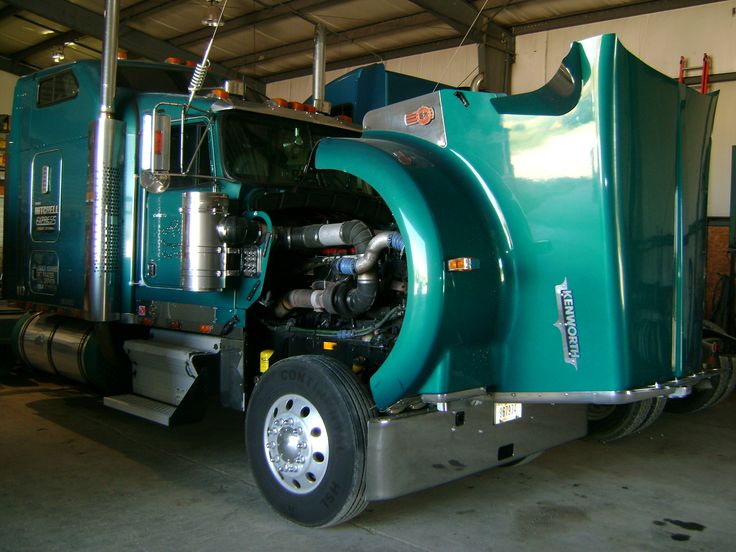 Here is what you should be aware of when you go to buy your semi tires:
Here is what you should be aware of when you go to buy your semi tires:
Semi truck tires have wide cost ranges, from as low as $300 to as high as $1200 per tire. These costs will be affected by the size of the tires, the performance you’re seeking from them, and the warranty they offer. To get the most out of your budget, you should know exactly what you’re seeking to get before you purchase tires for your semi.
These costs will be affected by the size of the tires, the performance you’re seeking from them, and the warranty they offer. To get the most out of your budget, you should know exactly what you’re seeking to get before you purchase tires for your semi.
Where to Send DOT Medical Card?
Did you recently get hired as a commercial driver and still trying to navigate your way through the DOT system? If so, you are not the only one who finds the process a bit confusing, especially when...
Continue Reading
link to Where to Get a DOT Medical Card?Where to Get a DOT Medical Card?
Being a commercial driver is a rewarding career path especially for getting out from behind a desk and onto the open road. And if recent headlines are any indication, there is a demand for drivers of...
Continue Reading
In the Nagaevtires truck tire store you will find a wide selection of tires and rims from Russian, Chinese and European manufacturers. When ordering tires and wheels in our store, we provide free tire fitting in our workshop or free delivery around the city as a gift.
When ordering tires and wheels in our store, we provide free tire fitting in our workshop or free delivery around the city as a gift.
We offer tires and wheels for all major types of trucks. Tires for tractors, for steered and driven axles, tires for trailers, dump trucks, construction equipment, buses and minibuses and for other vehicles and special equipment are widely represented.
Delivery within the city — FREE OF CHARGE!
A truck is a multi-ton unit on wheels, which often works with extreme loads, in difficult traffic conditions and in any weather. Under these conditions, the safety of operation comes to the fore, which implies the presentation of increased requirements for the choice of components, including tires and disks. Durability and reliability are the main qualities that truck tires should have. This is exactly what our online store offers.
You can find more information about the range of truck tires and car rims in our online catalog of truck tires. Here you will find the most diverse products in accordance with your preferences and financial capabilities.
Here you will find the most diverse products in accordance with your preferences and financial capabilities.
Are you attracted by new truck tires exclusively from the world's leading brands, and the price does not play a serious role? No problem - our managers will select European-made tires for you!
If you are looking for more economical products, while ensuring reliability and quality. We are ready to offer products of Russian manufacturers. For example, Kama truck tires are capable of covering 150 or more thousand kilometers without replacement on our, often far from the most comfortable, roads, and many drivers have already seen this!
Moreover, the gap between the quality of truck wheels produced by the world's leading manufacturers and, on the other hand, domestic tire manufacturers and young and ambitious companies from China is rapidly shrinking. Often the only difference is the disproportionately high cost of the former.
Judge for yourself: if a few years ago the Chinese focused on quantity and the market was literally flooded with low-grade products, then in recent years they have made a sharp tilt towards the introduction of the latest technologies in tire production, which immediately had a positive effect on quality.
You can check availability, prices and characteristics by phone or via the contact form on the website
Ask a question
There are several reasons for this:
And most importantly, we value our customers and value our reputation!
To ensure long driving safety and long life of truck tires, it is important to follow some simple rules when buying them.
Do not experiment with tire sizes and only purchase tires recommended by tire manufacturers. Otherwise, rapid wear may occur, which may lead to an accident.
Please note that the steering, drive and trailer axles of commercial vehicles require different tyres. It is equally important to make a choice of tires taking into account the parameters of the wheel disks.
When purchasing truck tires, you need to consider the type of road surface on which the vehicle will move. As a rule, each type of tire is designed for a specific coverage.
Another important factor in selection is the weight of the load being carried.
Climatic conditions are also important. When choosing tires, you need to take into account the weather conditions in which the vehicle will be operated.
Never skimp on car tires, because the most important thing is the safety of all road users.
Regardless of the brand and cost of tires, during their operation, tires should be regularly inspected and taken care of. This will increase the working time and ensure safe driving.
This will increase the working time and ensure safe driving.
What is needed for this?
Always check the pressure before starting the next trip and, if necessary, set it to the value recommended by the manufacturer. It is also necessary to carry out a visual inspection of the tires and make sure that they are not damaged.
Take care of your tires also during your journey. At stops, carefully inspect the wheels of your car. Foreign objects on the tread may cause damage or puncture.
Truck tires during operation take on an increased load and are often forced to serve in extreme conditions. When choosing tires for trucks, it is important to carefully approach the process, to know the main criteria and classification of specialty tires, as well as to understand their differences from tires for cars.
Contents
There are several parameters in which truck tires differ from passenger car tires.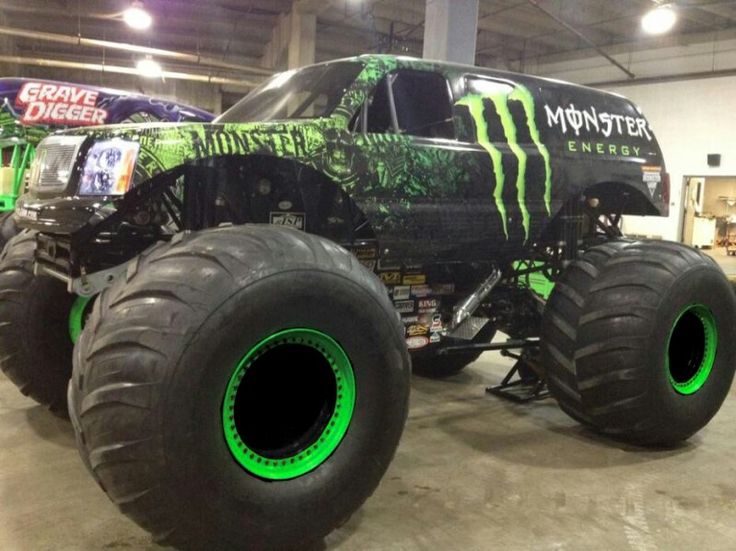 The main ones should include:
The main ones should include:
 This is necessary, because during operation such vehicles carry heavy loads.
This is necessary, because during operation such vehicles carry heavy loads. This is just a small list of differences that are typical for truck tires, but they fully convey the features of such products and the increased requirements for the composition of the rubber from which they are made.
When choosing a product, it is necessary to take into account a number of features used to classify such tires. Let's take a look at the main points below.
Rubber for trucks is conditionally divided by type of car. Tires are:
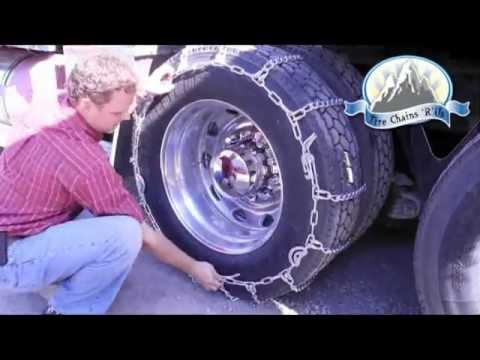
The rubber is marked S(Steer) and has a special pattern that provides straight-line movement, is soft and has a small number of tread elements to reduce noise. It is mounted on the steering axle and takes on most of the load.
Such tires are often called controllable, because they respond to commands and must provide driving comfort. Winter tires have a lot of sipes that improve braking performance on ice or snow.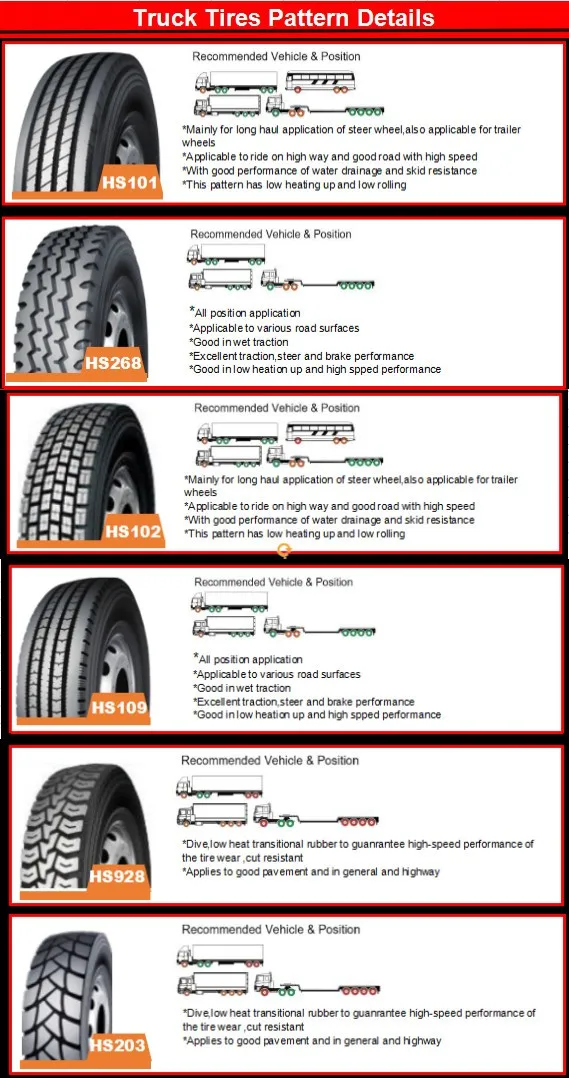
They are marked D (Drive). They take on heavy loads, so the tires contain components to improve wear resistance. The side part is additionally reinforced to increase the load capacity.
In the manufacture, emphasis is placed on the ease of starting and reducing the braking distance. The tire tread is distinguished by larger lamellas in large numbers, which have a recess of various shapes. This feature ensures stability and cross-country ability.
They are designated by the letter U (Universal), are rare and can be installed on the leading, steering or other axles. Many people prefer to buy truck tires of this type to save money, in order to avoid the financial costs of purchasing two or more sets of rubber.
The same method solves the issue with spare wheels. But the characteristics of universal rubber are worse, the level of comfort and safety is reduced. However, such tires are often fitted to passenger buses.

When choosing tires for trucks, it is necessary to take into account the features of operation, namely the possibility of using tires in specific conditions. Conventionally, products are divided into several categories (by type of transport):

When choosing truck tires for 22.5 inches or another size, you must consider the characteristics of the tread. The performance parameters of the product and the conditions under which the tire can be used depend on this parameter. Conventionally, the drawing can be of the following types:

When choosing tires for trucks, you need to pay attention to the design features of the frame. From this position, two types of construction are distinguished:
 Depending on the requirements for load capacity, the cord can be made using textile or metal elements. Sometimes a universal (mixed) approach is used. The features of such tires are low resistance to damage, the ability to withstand heavy loads, wear uniformity, and high price.
Depending on the requirements for load capacity, the cord can be made using textile or metal elements. Sometimes a universal (mixed) approach is used. The features of such tires are low resistance to damage, the ability to withstand heavy loads, wear uniformity, and high price. Bias tires are more popular due to their resistance to damage, lower price, and the possibility of installation on special equipment. These tires are not used on passenger cars. Of the minuses - greater rigidity, uneven wear and less comfort during operation.
When choosing a tire for a truck, you need to look not only at the price, but also at the size of the product. This parameter is indicated on the side using standard notation.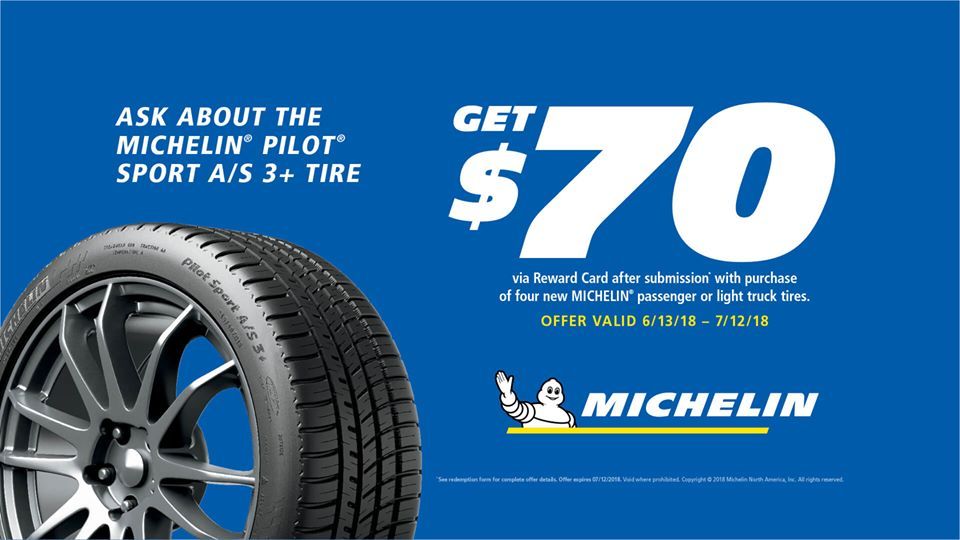 Using them, it is easy to determine the diameter, height / width of the profile, purpose and other features of the tire.
Using them, it is easy to determine the diameter, height / width of the profile, purpose and other features of the tire.
For example, consider the classic truck size -385/70 R22.5. From this entry, we can conclude that the tire has a diameter of 22.5 inches, a profile width of 385 mm and a height of 70 mm. The symbol R denotes the radiality of the structure.
In addition to these figures, the landing parameter in inches and the load index are indicated. The latter is indicated in the form of two numbers, for example, 140/142 for twin axles. The letter with the speed index is also indicated. We will discuss this issue in more detail below.
Bias tires do not have a special marking or a dash is placed between the width / height of the profile part. As for full-profile rubber, it is easy to recognize by the inscription "00". This indicates a 100% height to width ratio.
When buying truck tires, pay attention to the load index.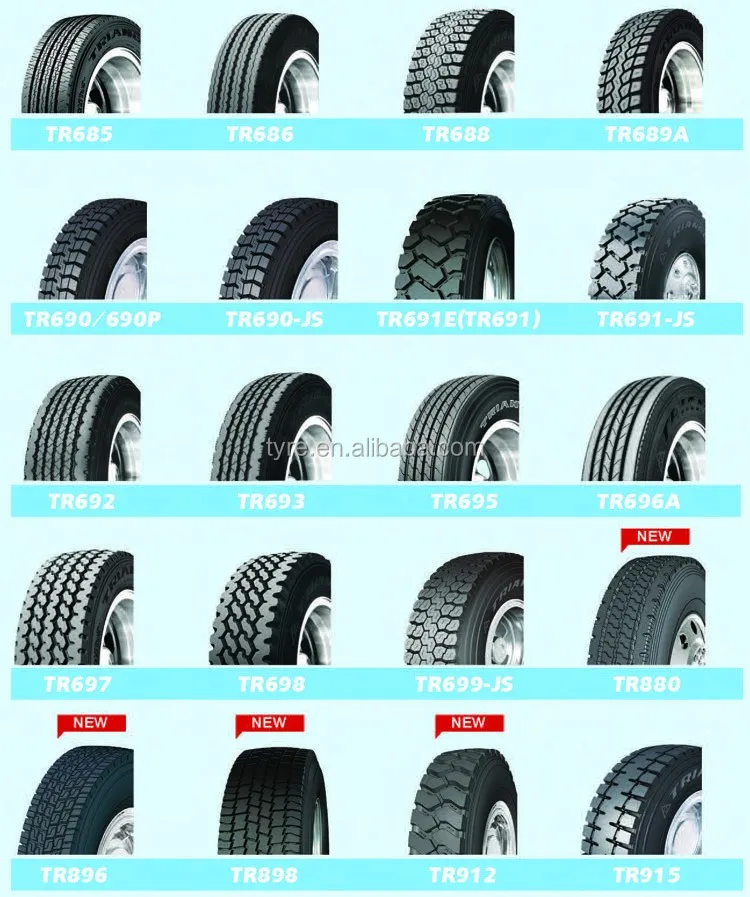 According to this indicator, you can determine the upper weight threshold set by the manufacturer for rubber. It must be compared with the passport data of the carrying capacity of the transport and the permissible weight per axle wheel. Tables can be used to determine the correct index. Only two fields are available in them - the value itself and the weight that is characteristic of it.
According to this indicator, you can determine the upper weight threshold set by the manufacturer for rubber. It must be compared with the passport data of the carrying capacity of the transport and the permissible weight per axle wheel. Tables can be used to determine the correct index. Only two fields are available in them - the value itself and the weight that is characteristic of it.
In relation to trucks, you need to know that the wheels can have two tires. In this case, you need to choose tires with the possibility of such an application. You can recognize a suitable model by specifying two digits of the load index, indicated through a slash (as in the example discussed above).
If the truck has an axle with twin wheels, the load is calculated for six tires, not four. The tables most often show data for indices from 50 (corresponding to 190 kg) to 169(5.8 tons).
For our example “140/142”, we can say that the tires can withstand a weight of 2.5 tons with one wheel, and 2.